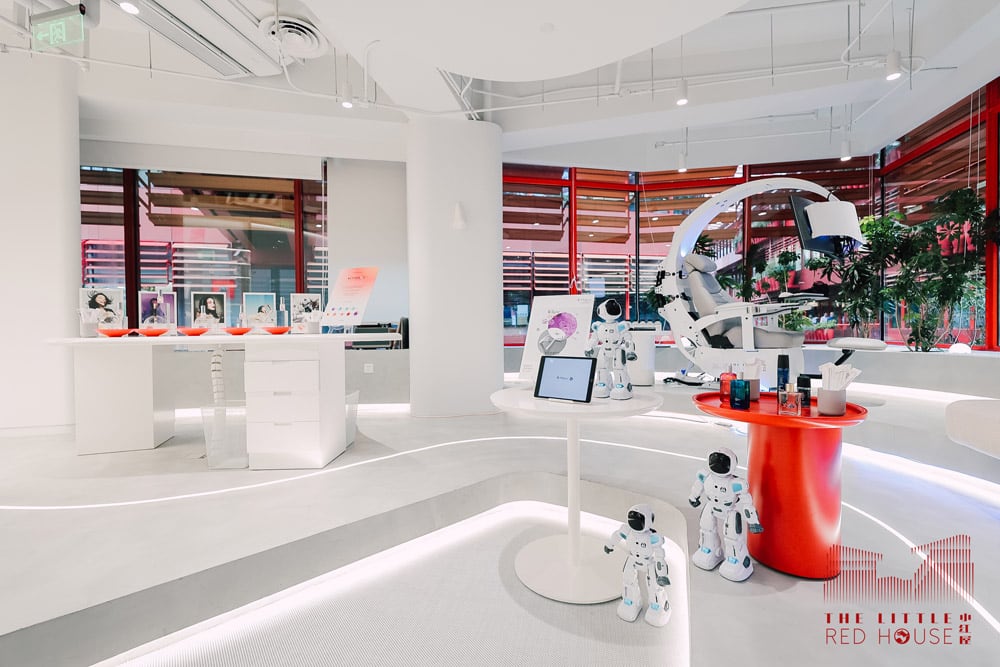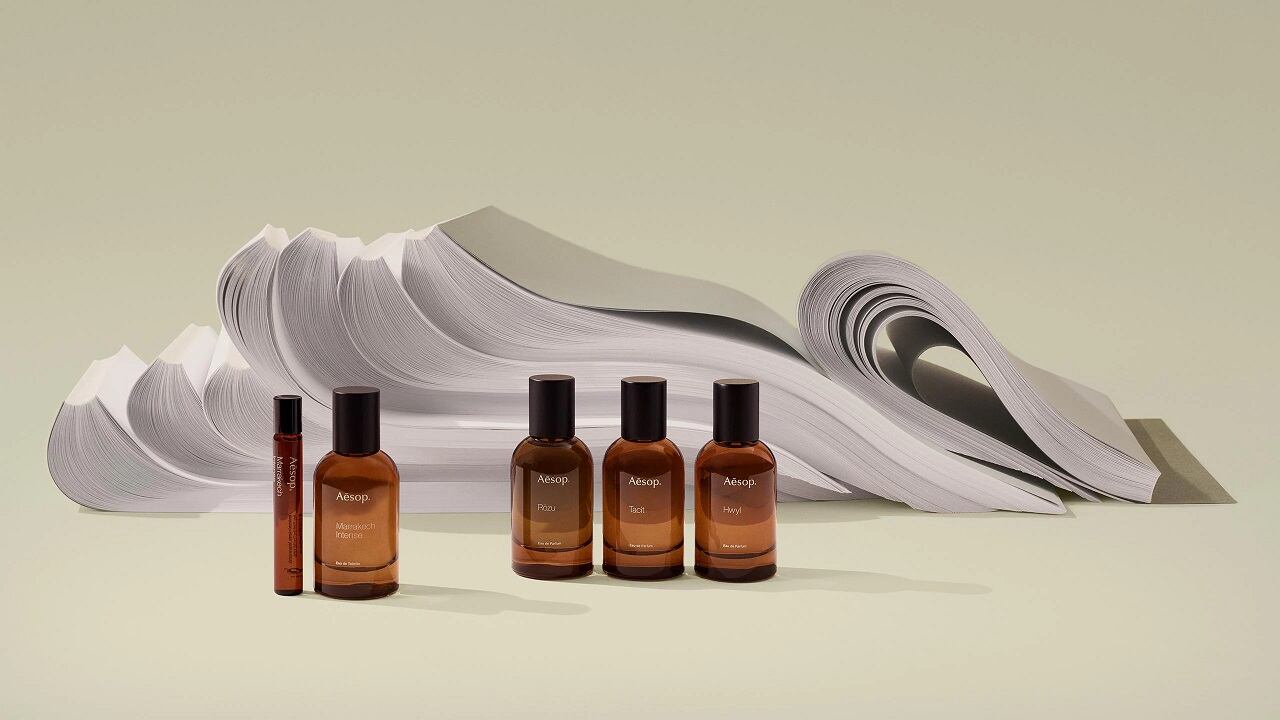In recent years, China has witnessed a remarkable rise of homegrown luxury brands. With a distinct cultural identity, these brands resonate with affluent Chinese consumers and their desire to showcase their national pride along with their elevated lifestyles.
Brands such as Shang Xia and Uma Wang have earned recognition for challenging the dominance of Western luxury houses with their quality and craftsmanship.
Fragrance house Symrise believes these are just some of the Chinese brands have a massive potential to make an indelible mark on the luxury fragrance arena and become the next mega brand.
“China’s local brands are getting much more aspirational than before. But you still don’t have the local Giorgio Armani or Chanel. There are all these fashion guys that are that could go into this territory, but they are not there,” said Karim Lisi, vice president of business development, fine fragrance, APAC.
He added that the fragrance house was currently on the hunt for the “brand of the future” that could cement China’s place in the fragrance world.
“We need to see who are the players that have the legitimacy and credibility to access the perfume territory and become the brand of the future. It can be any brand from fashion, jewellery, cosmetics – Lancôme was a cosmetic brand but today it’s one of the bestselling perfume brands.
“I’m really confident that the local brands will be successful because they are the ones that are integrating in all these Chinese elements. The brands we have worked with always try to integrate something that will touch the hearts of the consumers.”
The company believes the time is ripe for China to develop its own fine fragrance culture as locals are becoming increasingly sophisticated, said Lisi.
“The consumer is much more open than before. It’s not about little floral, fruity, peachy, watery notes. You can go on with the woody notes and warmer notes. They want their signature, and you want to make a strong statement with your perfume so, if it’s too gentle, no one will remember you.”
Creative catalyst
On May 18, Symrise unveiled a fine fragrance creation hub in Shanghai. Dubbed the Little Red House, it is a space dedicated to market research, creative arts, and olfactory culture.
“The idea was to build a space of creativity. It will be a space where we not only receive clients, but creative people from different fields like wine, fashion, or design. We want to connect the different worlds because we think that’s the way we can create the new perfumery of China. We’re not going through the regular approach of just showing you beautiful ingredients,” said Lisi.
He added that the firm was taking its cue from brands such as Diptyque and Aesop, which are placing a lot of emphasis on inviting consumers to experience fragrances in beautiful spaces.
“These guys are creating beautiful experiences and spaces to talk to consumers and let them experience [perfumery]. That’s what we really need.”
Reintroducing an icon
In addition to the opening of Little Red House, Symrise had perfumers David Apel, Suzy Le Helley and Maxime Exler revamp one of the iconic De Laire Bases.
The new Piviane Impériale De Laire carries the leathery signature of the iconic Piviane but replaces the animalic undertone with a smooth smoky sensation and an intoxicating yet delicate floral bloom.
The company developed Piviane Impériale as a homage to China as the peony is considered an auspicious symbol of love, prosperity, and beauty among Chinese, said Lisi.
“I think if you want to be successful in China, to design the perfumery of China, you have to take into consideration the local tastes, memories, the Chinese pride – all of these factors are very important.”



